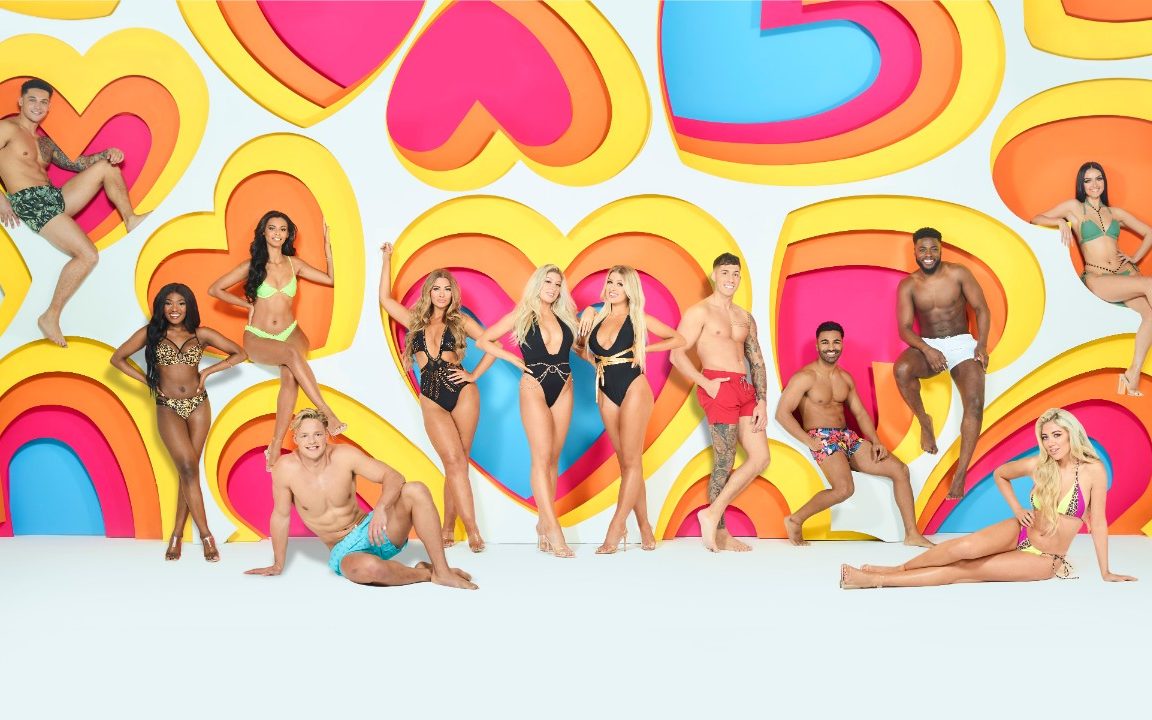The latest Winter edition of ‘Love Island’ had come under fire for its lack of racial diversity before the new line-up was even announced. After the rapid removal of Caroline Flack from her presenting role, a heated debate began about her successor. Producers chose presenter, Laura Whitmore, who also happens to be the programme’s narrator, Iain Stirling’s, girlfriend – nepotism, anyone? However, people were rightfully questioning why Whitmore had been selected over TV/radio presenter, Maya Jama, who was also hotly tipped to fill Flack’s boots on the popular dating show. Speculation regarding issues of race ensued as many people queried whether the Irish host might have triumphed over Jama, who is of Somalian heritage, due to her whiteness. The argument was that Whitmore may have presented a closer match to the “idealised” contestants featured on the show.
Despite the furore surrounding this issue, discussion over this topic eventually died down when the Winter series debuted across television screens. Fans were hoping that the selection of Whitmore over Jama had nothing to do with race. Who knows, but maybe this time we’ll give ‘Love Island’ the benefit of the doubt…
While many of us do not feel enticed back every evening by the show’s intellectual rigour, there is an escapist element to the act of voyeuristically watching the contestants as they are flown out to a “utopian” paradise, where one’s biggest anxieties centre on finding someone to “couple-up” with, and maintaining one’s immaculate physical appearance.
However, when the first episode premiered, it was hard not to find racially prejudiced undertones still resonant. ‘Love Island’, since it premiered in 2015, has long been known more for its heated arguments over whose “eggs” are placed in whose “basket”, and its array of swimsuit-clad contestants, and less for its promotion of racial diversity.
Que the opening of the show: the “coupling” ceremony – where the women are lined up and asked to step forward for the man that they are most attracted to, the man will choose the woman he desires the most out of all of the contestants. This part of the show is where issues of racial prejudices in dating come to light. It’s shocking to know that the past five series to date have left contestants of colour selected last.
The latest ‘Love Island’, unfortunately, did not break from tradition. Viewers squirmed to see Leanne, a black woman of Ghanaian heritage, Nas, a man of Pakistani heritage, and Mike, a black man also of Ghanaian heritage, as the last to be selected. While the producers might be championed for increasing racial diversity in this series, the question still remains as to whether they have a duty of care to ensure that the contestants that they select for the line-up have multifaceted “types on paper” and not just this deleterious Westernised “idealisation” of lighter-skinned individuals.
Writer, Danielle Dash, suggests that the “coupling-up” ceremony shows that ‘diversity alone cannot solve persistent prejudice’, and suggests that increasing diversity does not counter ‘that we are all consciously or unconsciously taught: that slim, heteronormative, cis-gender whiteness and proximity to it are seen as the most desirable qualities’. So, perhaps the focus should shift from rallying for increased diversity as the only solution to solving broader issues of racial bias on the show. Although it is, of course, a good starting place.
TV shows like ‘Love Island’ should be more well-resourced to understand and manage these prejudices through ensuring that they are not only sending in candidates whose dating preferences subscribe to this restrictive notion of “ideal beauty”, as highlighted by Dash. Employing a more racially diverse production team, which can greater understand systemic problems within the show, such as, when black contestants are not receiving as much airtime as their lighter-skinned peers, as has been the case in previous seasons.
The producers of ‘Love Island’ owe some sense of responsibility to the show’s precedent of black contestants being selected last. Working only to perpetuate normative, Westernised, associations between “beauty” and “whiteness”, the show supports an extremely damaging myth that non-white individuals are not as valued in society. We shouldn’t keep seeing the echoing of the same issues year after year.
Image Credit: The Telegraph

